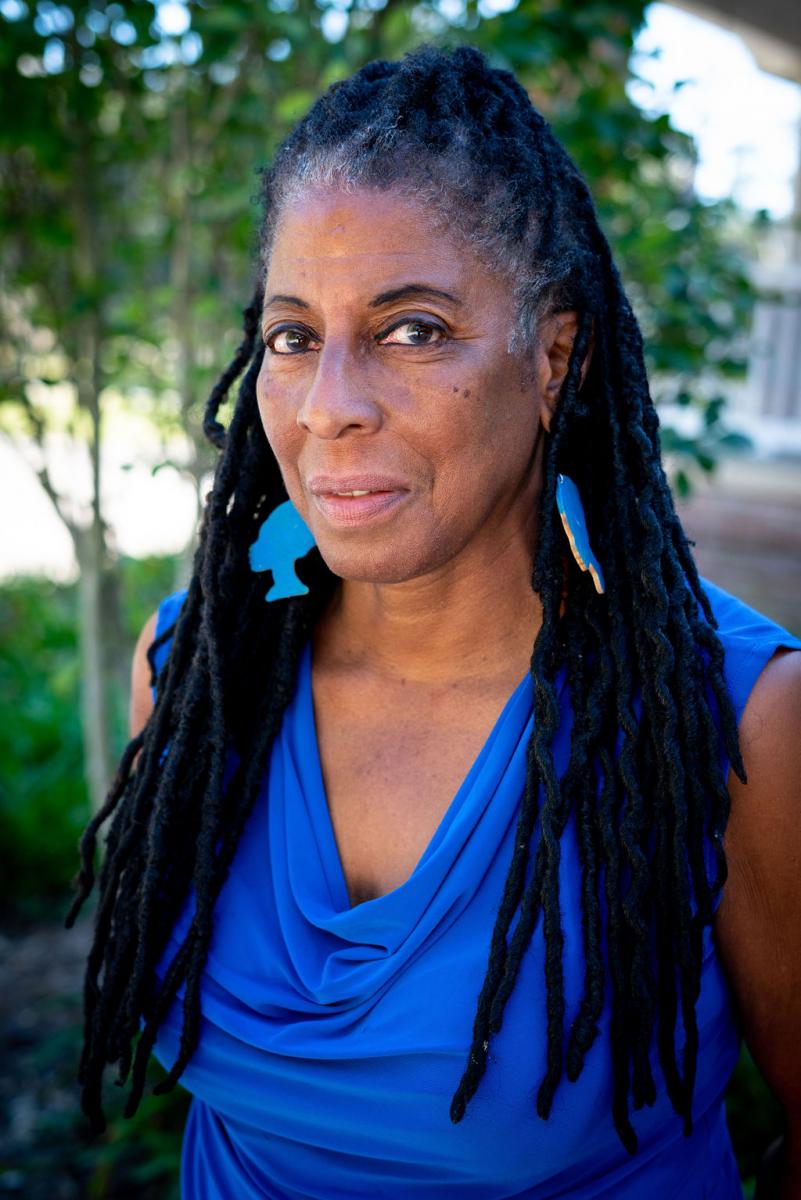
“Tulane has really given me the ability to create opportunities that weren't here before. One of them was the opportunity to take students of color abroad. Many years ago, when we didn't have an African diaspora studies program, one of the students mentioned always wanting to go abroad but they couldn't because of classes, because of finances and other things. I was able to work with the president's office to get a donor to help fund the first trip.
We took twenty-five students to Egypt—an eighteen-day trip from Cairo all the way down to Aswan. It was amazing. That was in the late 80's.
Because it was a donation, it wasn't anything that was ongoing until I had a conversation with my friend Annie Gibson. We were realizing that students of color weren't going abroad like other students. We decided to pilot a two-week program that would get students immersed into a culture from the diaspora but would also show the connection back to New Orleans.
So four years ago, we took our first trip to Senegal, and because many of the Africans that were brought through the transatlantic slave trade, came through Haiti into New Orleans, that was a big connection. We went to Dakar and Gorée Island, which was the last place Africans saw before they were brought across the ocean. We toured in the daytime, we had class in the afternoon and they went home and stayed with families in the evening. We did that for two weeks then we traveled from Dakar to Saint Louis and then up in the desert right at the border. They had a chance to stay overnight in the desert.
To see another culture, look through a different worldview and lens, and stay with families while they were there, it was very transformative. It was a different worldview. It was a culture shock. So I think that was a huge eye-opener for them.”
